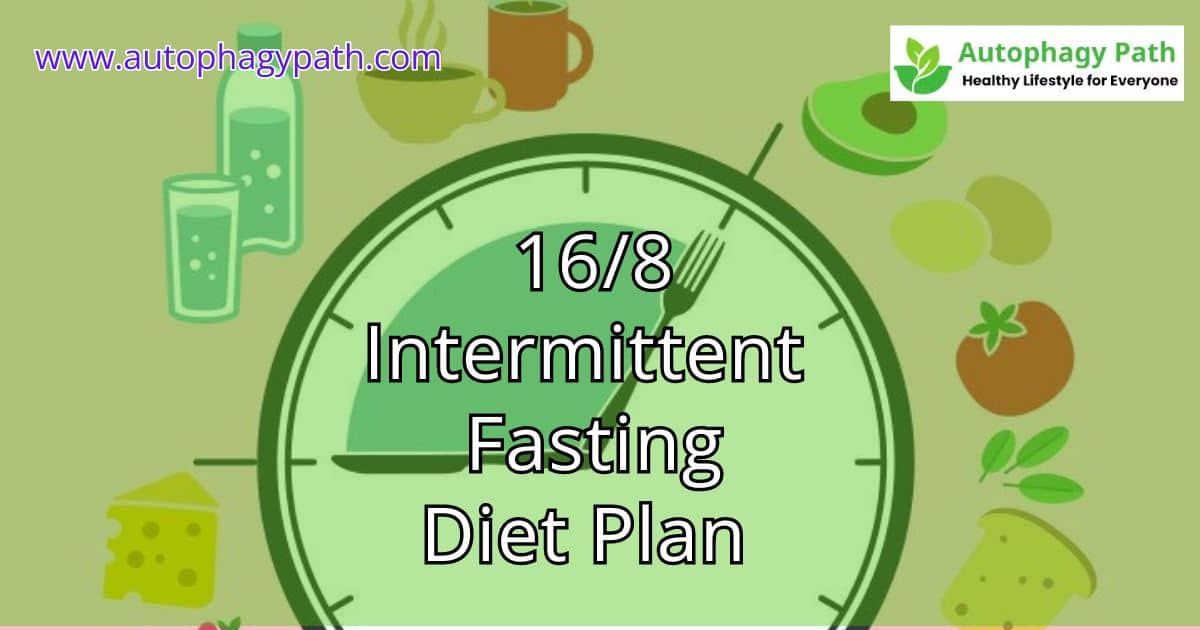Intermittent Fasting Beginners Guide for 35-45 Age Group
Welcome to the world of intermittent fasting, where health and vitality meet simplicity in eating patterns! If you have been pondering over the buzz surrounding intermittent fasting but are unsure how it fits into your life, you are not alone. In this blog post, we will know about Intermittent Fasting Beginners Guide.
Read more: Intermittent Fasting Beginners Guide for 35-45 Age GroupIn this extensive guide tailored to individuals aged 35 to 45, we will embark on a journey to unravel the mysteries of intermittent fasting. Whether you are seeking weight management solutions, improved health markers, or simply intrigued by the idea, let us navigate this landscape together.
So, grab your favorite beverage, settle in, and let us explore the art and science behind intermittent fasting.
Intermittent Fasting Beginners Guide Topics
Understanding Intermittent Fasting
Beyond the Buzzwords Intermittent fasting, often abbreviated as IF, is not just another diet trend—it is a lifestyle approach to eating that focuses on when you eat rather than what you eat. Unlike traditional diets that emphasize food restrictions, intermittent fasting encourages cycling between periods of eating and fasting.
There are various IF methods, including the popular 16/8 method (fasting for 16 hours and eating within an 8-hour window), the 5:2 method (eating normally for five days and drastically reducing calorie intake for two non-consecutive days), and alternate-day fasting (alternating between fasting and eating days).
The Science Behind Intermittent Fasting: How Does It Work?
Intermittent fasting operates on the principle of utilizing the body’s natural mechanisms to optimize health and well-being. During fasting periods, insulin levels drop, prompting the body to switch from glucose to fat metabolism for energy production.
This metabolic switch leads to various physiological changes, including increased fat burning, enhanced cellular repair processes such as autophagy (the body’s way of removing damaged cells and regenerating new ones), and improved insulin sensitivity.
Benefits of Intermittent Fasting for the 35-45 Age Group

1. Weight Management
As individuals approach their mid-30s and beyond, hormonal changes and a slowing metabolism can make weight management challenging. Intermittent fasting offers a practical solution by promoting fat loss, preserving lean muscle mass, and regulating appetite hormones, thus facilitating sustainable weight management.
2. Hormonal Balance
Hormonal fluctuations are common during the 35-45 age range, contributing to symptoms such as mood swings, fatigue, and weight gain. Intermittent fasting has been shown to support hormone regulation by reducing insulin resistance, balancing cortisol levels, and promoting the production of growth hormone, all of which contribute to improved overall well-being.
3. Cognitive Function
Cognitive decline is a concern for many individuals in their late 30s and 40s, manifesting as memory lapses, brain fog, and reduced mental clarity. Intermittent fasting has been linked to enhanced cognitive function, including improved focus, concentration, and memory retention, which can significantly benefit individuals navigating professional and personal challenges.
4. Longevity and Disease Prevention
Aging is often associated with an increased risk of chronic diseases such as diabetes, cardiovascular disease, and neurodegenerative conditions. Intermittent fasting exerts protective effects against age-related diseases by reducing inflammation, and oxidative stress, and promoting cellular repair mechanisms, thereby promoting longevity and vitality.
Initiating Intermittent Fasting: Practical Tips and Strategies
If you are considering incorporating intermittent fasting into your lifestyle, here are some practical tips to get started:
1. Start Slow
Begin by gradually extending your fasting window and experimenting with different fasting protocols to find what works best for your body.
2. Stay Hydrated
Drink plenty of water during fasting periods to stay hydrated and support metabolic processes.
3. Choose Nutrient-Dense Foods
Focus on consuming whole, nutrient-dense foods during eating windows to nourish your body and support overall health.
4. Listen to Your Body
Pay attention to hunger cues and adjust your fasting schedule accordingly. It is essential to honor your body’s signals and practice self-compassion throughout your intermittent fasting journey.
Addressing Common Questions and Concerns
As with any dietary approach, intermittent fasting may raise questions and concerns. Let us address some common queries:
1. Will I feel hungry all the time?
While hunger may be experienced initially as your body adjusts to fasting, it typically diminishes over time as your metabolism adapts to utilizing fat stores for energy.
2. Can I exercise while fasting?
Yes, exercising during fasting periods is generally safe and can even enhance fat-burning and metabolic benefits. However, listen to your body and adjust your workout intensity as needed.
3. Is intermittent fasting suitable for everyone?
While intermittent fasting can be beneficial for many individuals, it may not be suitable for pregnant or breastfeeding women, individuals with a history of eating disorders, or those with certain medical conditions. It is essential to consult with a healthcare professional before embarking on any new dietary regimen.
The chronology of various Metabolic Changes that may happen while we Fast are enumerated below

- Insulin Levels may fall significantly facilitating to burning of body fat more efficiently and effectively
- Human Growth Hormone (HGH) that aids in ensuring the loss of body fat and strengthening muscle growth is likely to increase fivefold.
- The task of removal of Cellular debris that got induced in our bodies for a longer period becomes easier by the process of repairing at the cellular level
- Molecules and Genes that get linked to survival mechanisms and disease prevention become stronger
- Weight Loss and Reduction in Belly Fat are visible indicators through IF
- Lowered Insulin Levels and Higher Norepinephrine Hormonal Levels acquired through IF help our bodies to break down body fat besides using it for energy creation
- Effective Metabolic Function ranging from 4 to 14 percent gets boosted up
- According to a Scientific Study that was conducted in 2014, weight loss ranging from 3 to 8 percent in 3 to 24 weeks period was observed in a few subjects, who adopted IF religiously
- Reduced Waist Circumference by 4 to 7 percent was observed
- Reduced Insulin Resistance and lowered incidence of Type-2 Diabetes
- Prevented Cancer Risk
- Strengthened Heart Health
- Reduced Oxidative Stress and Inflammation
- Empowered Brain Health
- Reduced risk of becoming prone to Alzheimer’s
- Increased efficiency of Brain-Derived Neurotrophic Factor (BDNF) Hormone
Conclusion: Embracing Intermittent Fasting as a Lifestyle Choice
In conclusion, intermittent fasting offers a holistic approach to health and well-being that resonates with individuals aged 35 to 45 seeking sustainable solutions for weight management, hormonal balance, cognitive function, and disease prevention.
By harnessing the body’s innate ability to adapt and thrive in varying metabolic states, intermittent fasting empowers individuals to reclaim control over their health, vitality, and longevity. Whether you are embarking on your intermittent fasting journey or considering leaping, remember that it is not just about the destination but the transformative journey towards a healthier, happier you.
So, embrace the art and science of intermittent fasting, and embark on a path to holistic wellness that transcends age and empowers you to live your best life. For more interesting updates follow us at Autophagy Path, Linkedin







